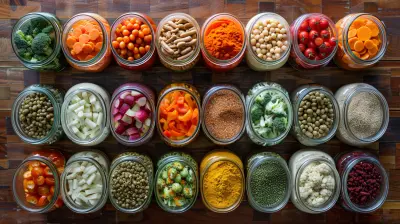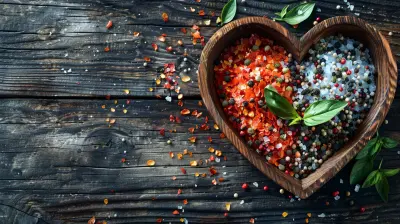Are Organic Fruits and Vegetables Really More Nutritious?
13 October 2025
Let’s face it — when we’re standing in the produce aisle staring down two heaps of apples — one labeled “organic” and the other “conventional” — most of us wonder, _Is that higher price tag really worth it?_
You’ve probably heard plenty of buzz claiming organic fruits and veggies are better for your health. But let’s cut through the noise. Are they actually more nutritious? Or are we paying extra for a feel-good label?
In this article, we’re diving deep into the science (without sounding like a textbook), peeling back the layers of what makes organic food different, and helping you make a smart decision for your health and wallet. Get ready — we’re digging into the dirt on this one (pun intended).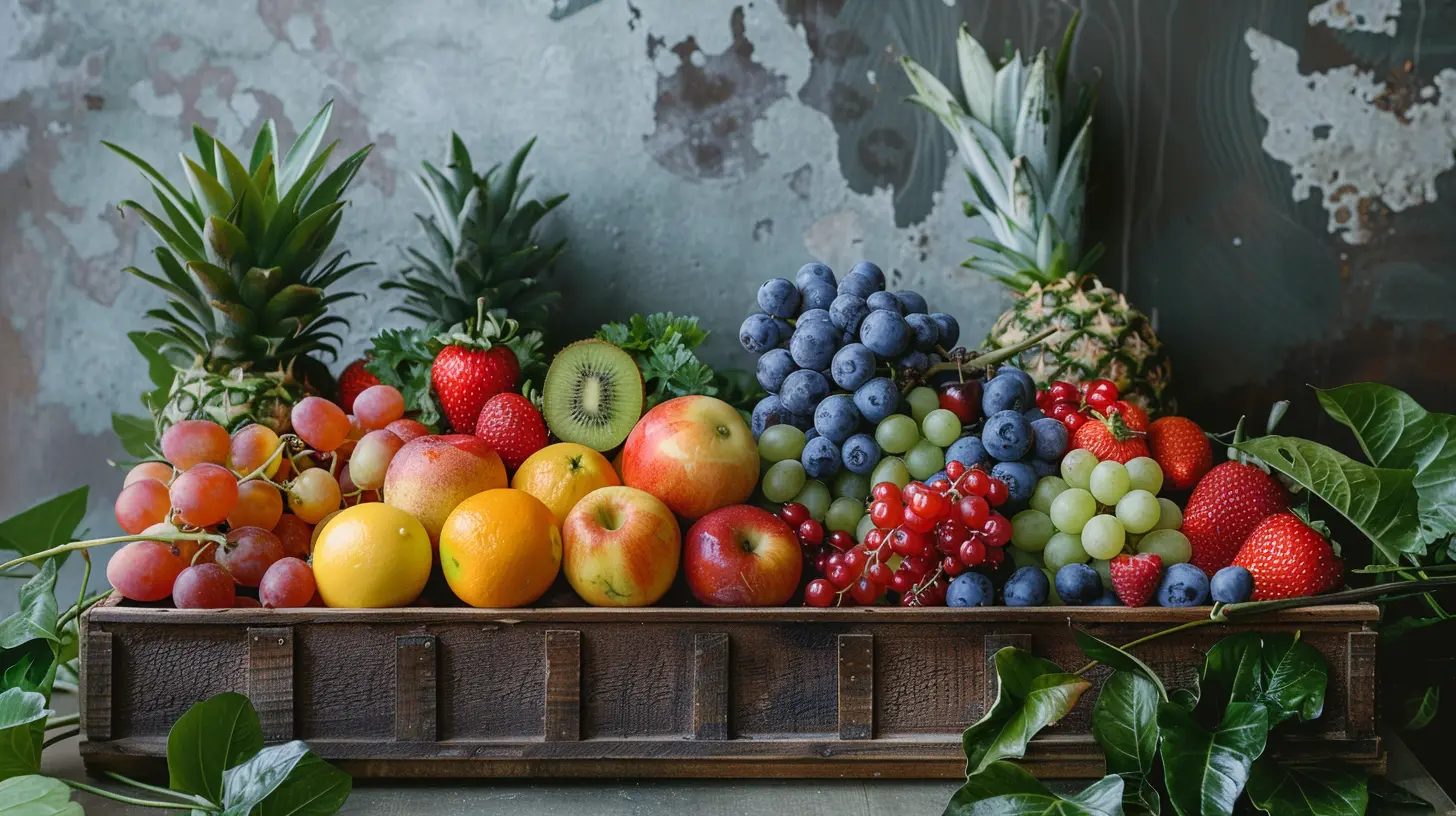
What Does "Organic" Even Mean?
Before we start comparing, we’ve got to understand what “organic” really means. Spoiler: it’s not just about food being grown in someone’s backyard.When you see a fruit or veggie labeled “organic,” it means it was grown without synthetic pesticides, herbicides, or fertilizers. These foods are also not genetically modified (non-GMO), and organic farming usually follows stricter environmental guidelines.
Sounds good, right? Who wouldn’t want fewer chemicals and more eco-friendly practices?
But — and this is a big but — just because something is grown organically, doesn’t automatically mean it's more nutritious. That’s where things get a little murky.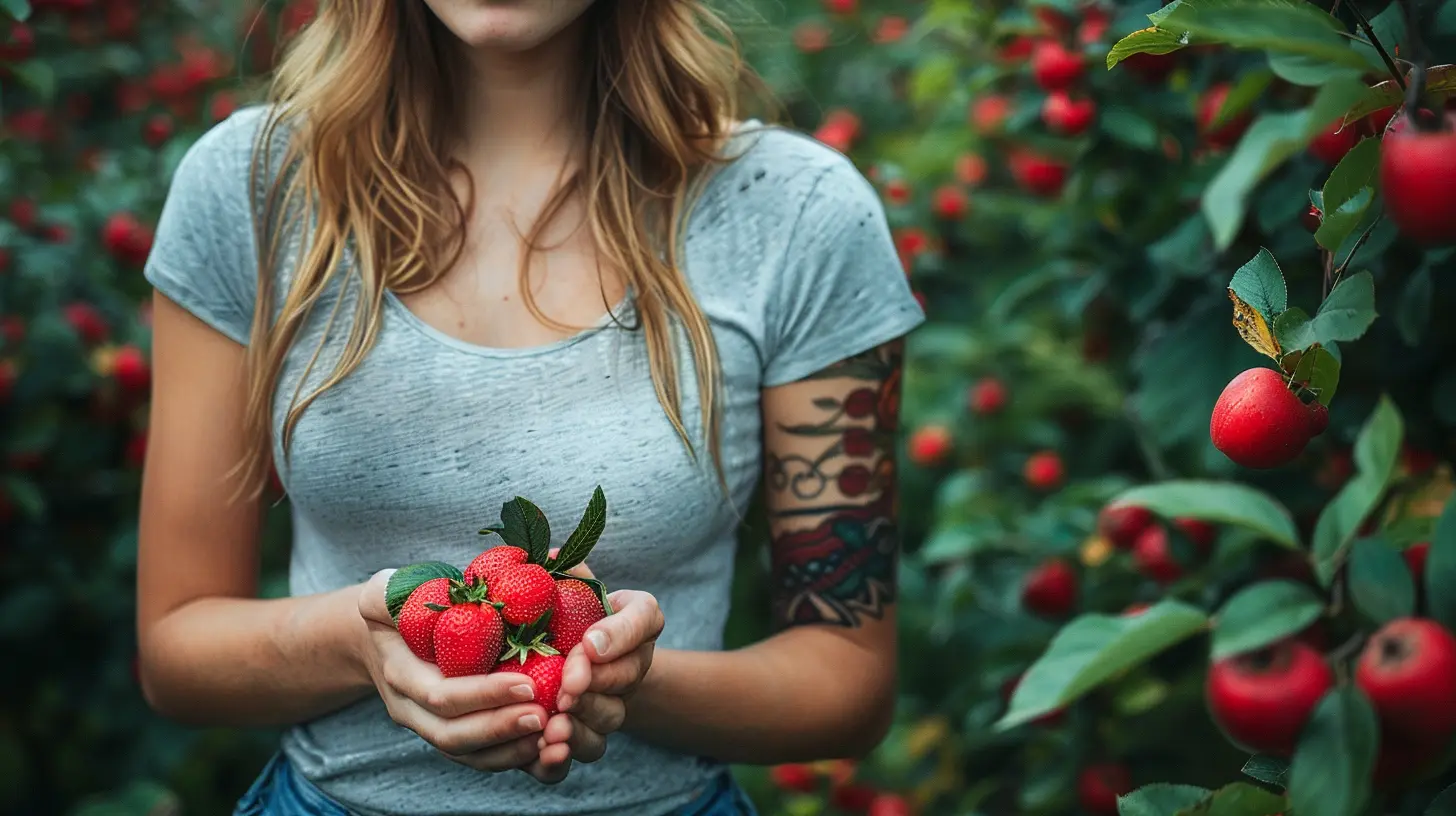
The Nutrient Question: Is Organic Really More Nutritious?
Here’s the million-dollar question: Are organic fruits and vegetables actually higher in nutrients than conventional ones?1. Nutrient Levels: Slight Edge to Organic?
Several studies have tackled this question, and the results are, well… mixed. Some research does suggest that organic produce contains slightly higher levels of certain nutrients — we’re talking about antioxidants like polyphenols, flavonoids, and vitamin C.But here’s the kicker: the differences are generally small. You’re not going to suddenly glow with health because you ate an organic carrot instead of a conventional one.
Still, for some nutrients like phenolic acids and certain antioxidants, organic produce does show a bit of a nutritional bump. These compounds can help fight inflammation and oxidative stress, so that’s not nothing.
2. Lower Pesticide Residues
Now, this one’s a bigger deal. Organic fruits and veggies have significantly lower pesticide residues. For many people, that’s the real reason to go organic.Even though the levels of pesticides in conventional produce are usually within "safe" limits defined by regulatory agencies, some folks prefer to play it safe, especially for kids and pregnant women.
Think of it this way: if you could avoid unnecessary chemical exposure (even in small amounts), wouldn’t you?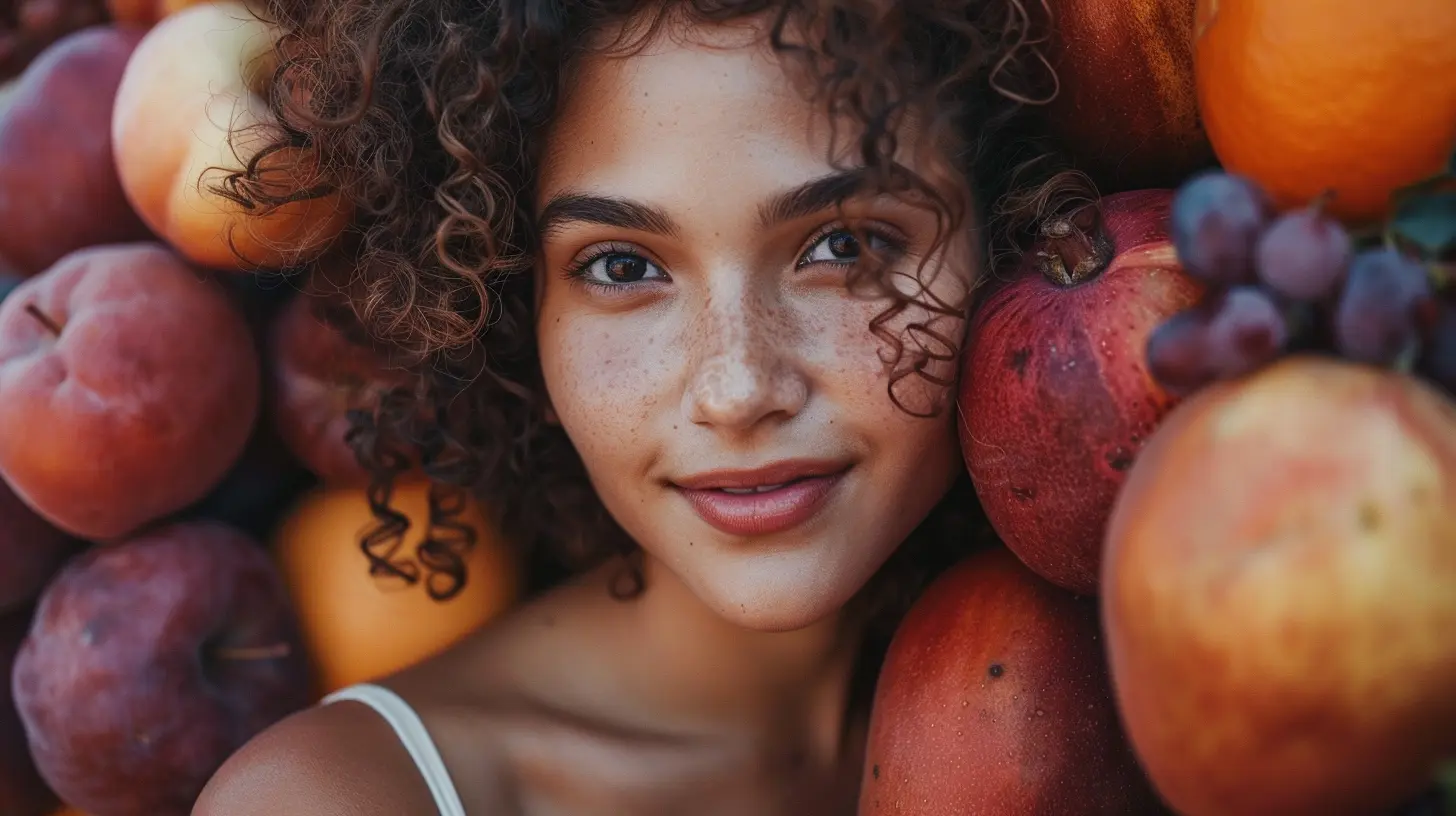
The Soil Matters — And It’s a Game Changer
Let’s dig (literally) into what many people overlook — the soil.Organic farming tends to focus more on soil health. Techniques like crop rotation, composting, and natural pest management don’t just help the environment — they also build more nutrient-rich soil.
So what does that mean for your apple?
Healthier soil can grow stronger plants with more robust defense systems. These plants may need to produce more antioxidants naturally, since they’re not being “helped” with synthetic chemicals. That could explain why some organic produce shows higher antioxidant levels.
So, yes — the soil does make a difference. A good analogy? Think of it like this: the quality of a soup depends a lot on the broth. Similarly, the quality of your food depends a lot on the soil it grows in.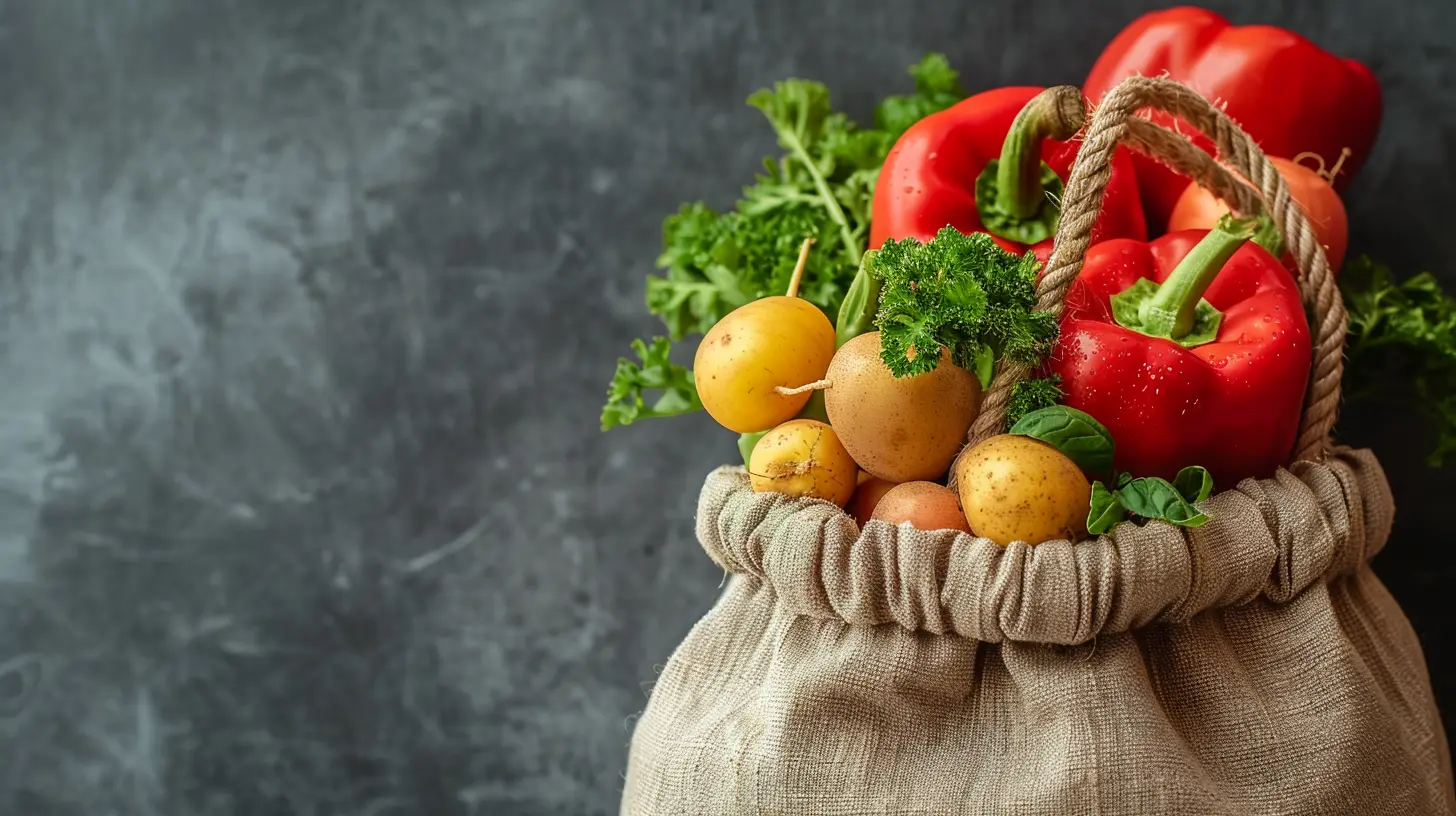
Taste Test: Organic Vs. Conventional
Okay, taste might not be a “nutrient,” but let’s be real — it matters a lot.Ever bitten into an organic strawberry and thought, “Whoa, this actually tastes like a strawberry”? That’s not your imagination playing tricks.
Because organic produce is often grown in smaller batches, picked closer to ripeness, and transported shorter distances, it can taste fresher and more vibrant.
But again — not always. Taste can vary depending on the farm, the weather, and how long the food took to get to your plate.
So while organic might taste better sometimes, it’s not a guarantee.
What About Shelf Life?
Here’s something we don’t talk about enough. Organic produce might spoil faster than conventional options. Why? Because it’s not treated with synthetic preservatives or waxes that keep fruits and vegetables looking pretty for weeks.This is important if you’re worried about food waste or stretching your grocery budget. So, buy smart. Shop smaller, more often, and only grab what you’ll actually eat.
Hidden Costs You Might Not See
Everyone complains about the price of organic produce. Yes, it usually costs more. But here’s something to chew on: are you willing to pay a bit more now to potentially avoid health issues later?It boils down to priorities.
Organic farming also supports better environmental practices — less pollution, healthier soil, and more biodiversity. So you’re not just paying for your apple, you’re investing in a better food system.
That doesn’t mean you should feel guilty for buying conventional. Let’s be honest — not everyone can afford to go 100% organic, and that’s totally fine. Do what works for you.
But it’s worth noting that those extra dollars may be supporting more than just a label.
Some Fruits and Veggies Matter More Than Others
Wanna be strategic about going organic without going broke? Focus on the "Dirty Dozen" — a list put out by the Environmental Working Group (EWG) each year.These are the fruits and veggies that tend to have the highest pesticide residues when grown conventionally:
- Strawberries
- Spinach
- Kale
- Peaches
- Apples
- Grapes
- Cherries
- Pears
- Tomatoes
- Celery
- Potatoes
- Bell peppers
If you can only afford to go organic in a few areas, these are solid picks.
On the flip side, the "Clean Fifteen" list includes produce that's safer to buy conventional. Things like avocados, onions, and bananas generally don’t have as much pesticide residue.
So yeah — not everything needs the gold star organic label.
Let’s Talk About Kids and Organic Food
Parents, this one's for you.Children are more vulnerable to chemicals because their bodies are still developing. Smaller doses can have bigger effects. That’s one reason why many health experts recommend organic options for babies and young kids when possible — especially foods like applesauce, baby carrots, and berries.
Even small reductions in pesticide exposure during childhood could offer long-term health benefits.
Again, this isn’t about being perfect. It’s just about making better choices when you can.
Final Verdict: So… Are Organic Fruits and Vegetables Really More Nutritious?
Here’s the honest take:Yes, but not dramatically. Organic fruits and vegetables often have slightly more antioxidants and lower pesticide residues. But overall, the nutrient differences aren’t massive. You won’t become Superman by switching to organic tomatoes.
That said, the _real_ benefits of organic might be less about what's in the food and more about what’s not — mainly synthetic chemicals and questionable farming practices. Plus, going organic supports sustainable agriculture, better animal welfare, and healthier soil.
So if you can afford it and sustainability matters to you — go for it.
If you’re on a budget? No shame in mixing and matching. Just make sure you’re eating plenty of fruits and veggies, period. Organic or not, they’re the real health MVPs.
Quick Tips: How to Maximize Nutrition from Any Produce
Whether you buy organic or conventional, here’s how to make the most of your fruits and veggies:- Wash well: Cold water and a scrub brush go a long way toward removing residues.
- Eat the skins (when safe): That’s where many nutrients hang out.
- Store properly: Keep produce fresh by storing it in the right environment.
- Shop local: Local farms, even if not certified organic, often use minimal chemicals.
- Buy in season: It’s cheaper, fresher, and more flavorful.
Final Thoughts
So, are organic fruits and vegetables really more nutritious?A little — but there’s no need to stress over every apple. Eating a rainbow of fruits and veggies (organic or not) is one of the best things you can do for your health. If going full-on organic feels overwhelming or expensive, start small. Choose organic for the Dirty Dozen, go conventional on the Clean Fifteen, and wash everything well.
At the end of the day, the most important thing is that you’re actually eating fruits and veggies. So whether they came from the organic aisle or not — give yourself a high five.
all images in this post were generated using AI tools
Category:
Organic FoodsAuthor:

Tiffany Foster
Discussion
rate this article
1 comments
Vance McGrady
What a delightful read! Your insights on the nutritional benefits of organic fruits and vegetables are truly eye-opening. Thank you for sharing this valuable information that encourages healthier choices for all of us!
October 19, 2025 at 2:47 PM

Tiffany Foster
Thank you so much for your kind words! I'm glad you found the insights valuable and inspiring for healthier choices.
